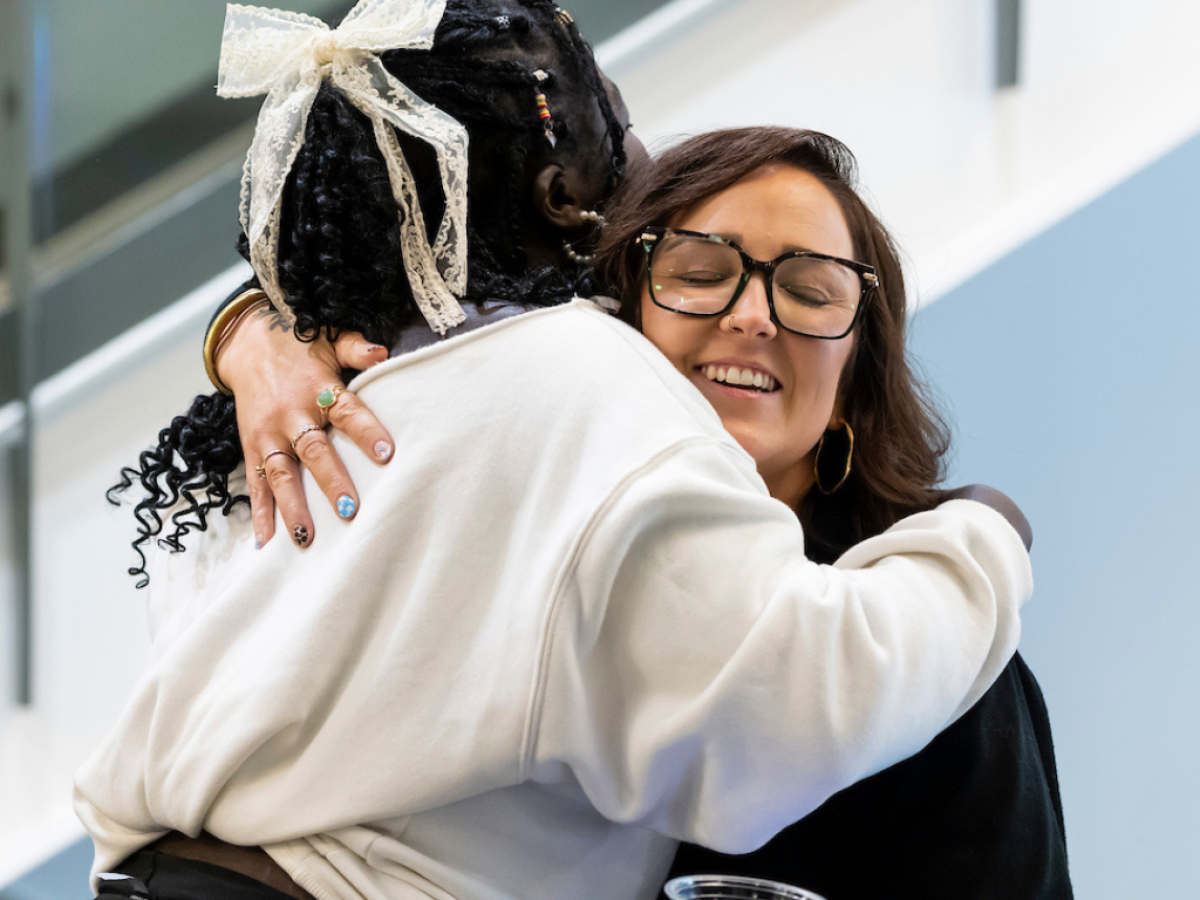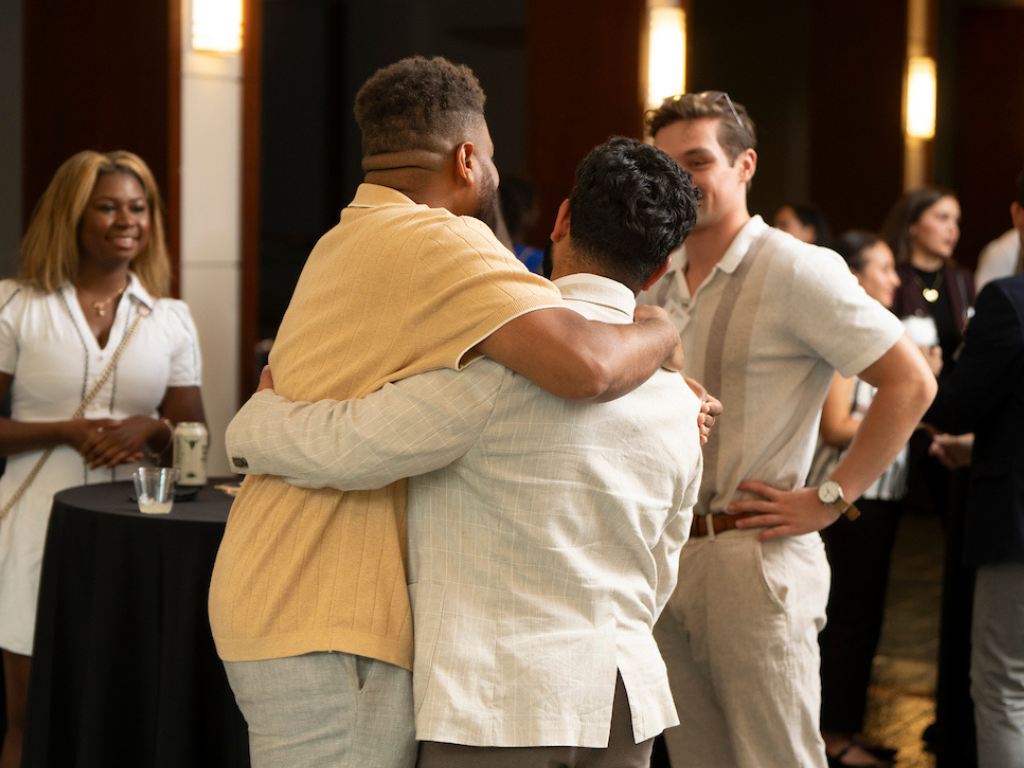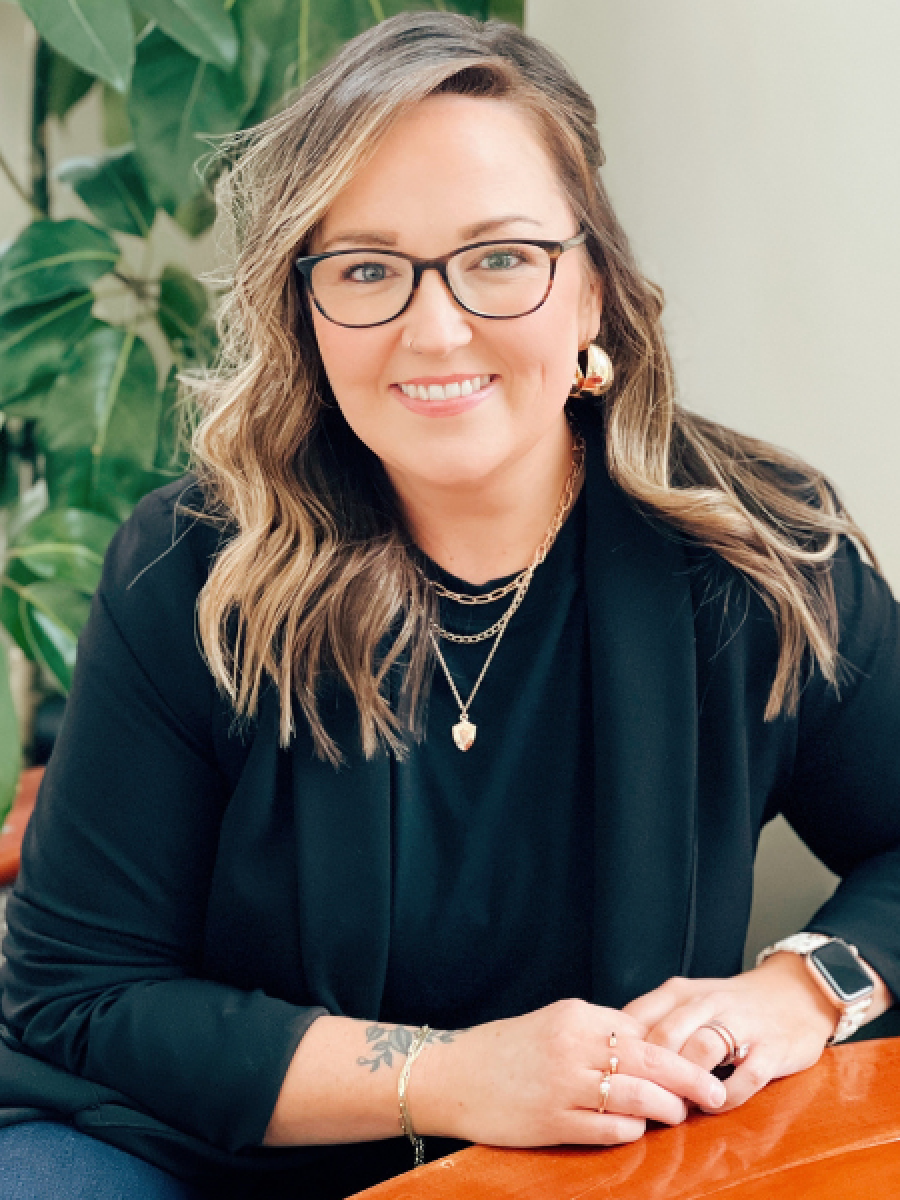Student Affairs
The Office of Student Life mission is to facilitate learning and support the success and wellbeing of every student by developing a culture of accountability, responsibility, inclusion, and respect for our colleagues and ourselves.

Elevating the Student Experience
The Office of Student Life offers a wide variety of services, including formal programming and individualized support, for individual students and organizations.
Vanderbilt Law students will find ample opportunity to build their leadership skills, launch new initiatives and organizations, and forge their own paths. The Office is here to help students take full advantage of their time in school.
Knowing that life does not stop in law school, the Office also offers non-clinical general and situational counseling and referrals to campus resources, whether students are looking for stress-reduction help or experience a major life trauma, illness, substance abuse, or mental health event.

The Vanderbilt Law House system is a cornerstone of the student experience. Each incoming student is assigned to a house and paired with a Co-Counsel Mentor. 1L students take all their doctrinal courses with fellow house members. The houses also host school wide events such as the Day of Service and Field Day.
Each house has a dedicated upper-class academic fellow who will hold regular office hours and run academic skills programs. They also have a dedicated career counselor from the Career Services Office and house faculty members.

ONEelevate is a highly selective leadership training program for 1Ls, specifically focused on first-generation and other law students with unique personal stories and challenges. The program aims to:
- provide a collaborative learning experience in law school and beyond,
- promote a culture of collaborative leadership,
- remove barriers to success, and
- teach skills necessary to become active leaders in the law school and legal profession.
Each year, the program selects a cohort of ten first-year students based on the criteria above and demonstrated promise as a future leader. Students are each matched with two mentors: a current 2L or 3L student and a prominent local attorney or judge. The program entails:
- Pre-orientation bootcamp
- Regular meetings and communication with student and attorney/judge mentors
- Monthly one hour leadership training workshops and student support sessions
- Special private meetings with high profile law school visitors
- Invitations to special law school events
- Local service opportunities
- Receptions at the beginning and end of program
Organization Support
At Vanderbilt Law, we have over 50 Student Organizations that range from identity groups to academic and special interest groups. Their programming plays a significant part in shaping the student experience and contributing to Vanderbilt Law School's unique community. Weekly events include social gatherings, peer workshops, alumni panels, and major speaker events. The Office of Student Life is here to assist with everything from event planning to financial management.
Community Service
Vanderbilt Law students are continuously volunteering and finding ways to engage in the local community. Each year, the Vanderbilt Bar Association Community Service Chair schedules different opportunities in which students can participate.
Student Support Resources
Meet the Team
-

Michelle Kovash
Senior Director of Student Affairs
Pronouns: She | Her | Hers
- 615-875-9160
- Suite 152F
-

Jennie Stumpf
Manager of Student Engagement and Community
Pronouns: She | Her | Hers
- 615-343-0701
- Suite 152M
-

Ashley Sasser Gray
Senior Administrative Assistant for Student Organizations & Publication
Pronouns: She | Her | Hers